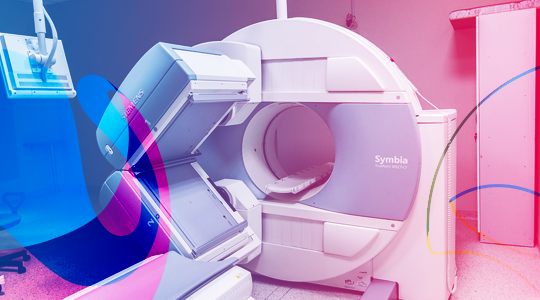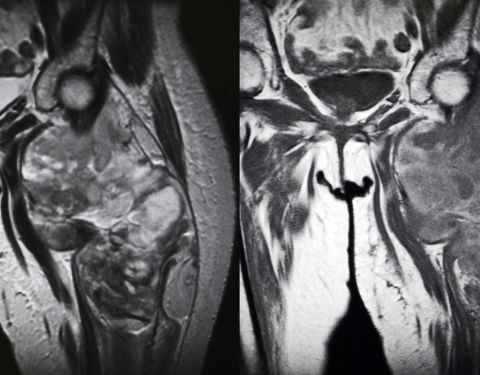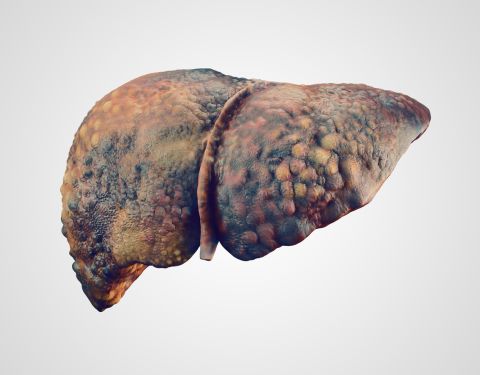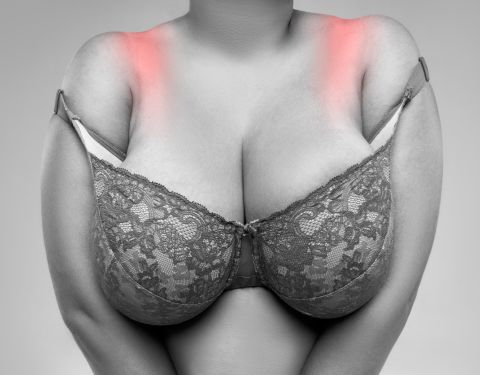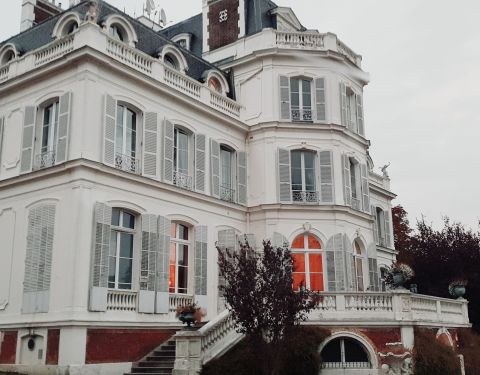Psoriasis treatment in France
Any person considers his or her appearance to be of great importance. One of the most unpleasant diseases, not only in terms of health but also in terms of appearance, is psoriasis. Learn everything about psoriasis treatment in France and why you should choose it.
It causes a great deal of discomfort, and although people suffered this disease in ancient times, and even considered it to be a kind of leprosy at one time, they were unable to find effective methods for its treatment. All traditional remedies, so widely advertised by various “healers” (and, in fact, ordinary charlatans, parasitizing upon human sorrow) are not effective. Throughout the long history of this insidious disease, people have been unable to find effective treatment.
Trying to treat psoriasis by traditional remedies – it’s like trying to treat the same leprosy, cancer, or, for example, such neurological disease, as brain injury by herbs. All this is pure deception.
Psoriasis causes a lot of trouble up to the present to those who have this problem. This disease, according to statistics, is one of the most common of all diseases of human skin. It is believed, that three percent of the world’s population is suffering it. To get rid of this problem, you need to consult genuine professionals. Professionals, working in health centers in France, know what psoriasis is. This country has always been famous for its ambiguous attitude to human beauty. In addition to the leadership in the field of cosmetology, dermatologists from France also occupy a leading position in the world in the treatment of this difficult disease.
What is Psoriasis?
This disease is considered to be the one of the young because it generally occurs it generally appears eighteen–year–olds. The main sign of dermatological diseases is patches of various colors (from pink to almost purple), spread on the surface of the skin. Something like white scales appears above patches. The disease may be localized in different places depending on its clinical forms, including the face. Although these symptoms may look unsightly and cause a great deal of discomfort, the origin of psoriasis is not associated with pathogens (germs), and, therefore, it is not infectious and is not transmitted by any tactile way or through personal hygiene items.
In most cases, localization patches are areas of the body prone to constant friction – knee, elbow and other joints of the human body. Spots also affect the buttocks, back, hands and feet. Spots can appear not only on the face but also on the scalp. In some cases, nails are affected. Complications of the disease include psoriatic arthritis. Psoriasis is chronic and can occur for many years, alternating periods of remission (improvement of the patient state) and relapses. That is, it has a so-called wave-like course.
Psoriasis Causes
This disease is not associated with gender disposition; the male, as well as the female, part of the world’s population, suffers it. The causes of psoriasis are different, but the most common one is a patient’s stressful situation. Any strong emotional shock can cause this disease.
Psoriasis also affects those people who have immune system disorder, whether it is the weakening of immunity or excessive activity. Thus, psoriasis is an autoimmune disease. If your endocrine system craps out, you are at risk as well. Besides, the hereditary factor is not excluded. What is more, scientists can determine that one of the factors, a promoted onset of psoriasis, is silicon deficiency in the organism.
Types of Psoriasis
Plaque Psoriasis
It is the most common form of psoriasis. It manifests by the formation of dense, often inflamed areas of skin protruding under the intact skin. These patches are flaking and their edges can easily drop off even with a slight touch. In areas where the scaly pathological tissue is dropped off, a dark patch remains, very susceptible to the slightest physical pressure, so that these areas often bleed. These areas are called plague-like ones. They are expanded in time, damaging healthy tissue, and eventually fully combined, forming huge, affected areas of psoriasis. However, these bleeding patches allow doctor-dermatologist to distinguish the disease from an illness with similar symptoms, but more dangerous, and having infectious nature (syphilis papulose).
Guttate Psoriasis
It differs from the first type by small patches, drop-shaped lesions, often appeared over large areas of skin.
Inverse Psoriasis
This form of psoriasis mainly affects the body parts, prone to constant bending. It’s usually found in such locations as under breasts, armpits, groin, skin folds around the genitals and buttocks, etc.
Pustular Psoriasis
It is the most severe form of the disease. Pustular psoriasis is mainly characterized by the occurrence of small non-infectious pus-filled blisters, which is a consequence of the struggle of the immune system to foreign agents.
In addition, psoriasis can also affect the nails. As a result, they become pathologically brittle and chipping; the skin in the area of the nail is inflamed. This eventually leads to the loss of the nail. Psoriasis negatively affects the joints, can lead to another very serious Disease – Psoriatic arthritis.
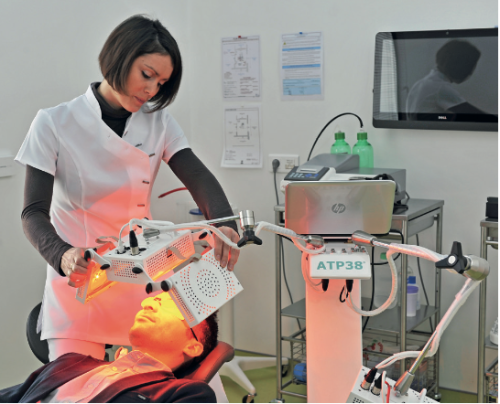
Stages of Psoriasis
Since psoriasis is a chronic pathology, rather than a disease, occurring in acute form, the division into stages and a clear expression is very important. Selecting a certain stage allows the physician to give a correct estimate of the disease development and develop an appropriate treatment plan. The disease is divided into three stages:
Progressive stage, at which the exacerbation of the pathological process begins;
Fixed stage procedure; it occurs when the inflammatory process succeeds to reduce;
Stage of regression, which is considered the easiest, as the inflammatory process has already been removed. The main challenge, physicians facing, in this case, is taking the necessary measures to prevent relapse.
Diagnosis of Psoriasis
It does not take much for any dermatologist to diagnose this disease due to the characteristic external features. With rare exceptions, to install the exact diagnosis, a skin biopsy is recommended.
What about psoriasis treatment in France?
The process of psoriasis treatment in France is complex: hormonal therapy, cytotoxic drugs, various medicated creams, laser therapy, ultraviolet of inflammation area, etc. A specific type of treatment is chosen individually since it depends on the patient’s condition, age, other existing diseases, as well as gender.
French medicine is considered one of the best in the diagnosis and treatment of psoriasis. This is confirmed by many successful cases of the suppression of the disease in a unique dermatological center, specialized in this field. In addition, the country has a significant number of resorts in which favorable natural factors help in rehabilitation therapy and avoidance of subsequent relapse. French dermatologists, known to the whole world for the rapid development of cosmetology, have developed most of the medical ointments and gels that help cope with this disease.
Moreover, the association has been founded in France to support people, suffering from psoriasis, which provides counseling, emotional support, participate in scientific development and fight for the protection of patients’ rights.
Please contact us for further information.














